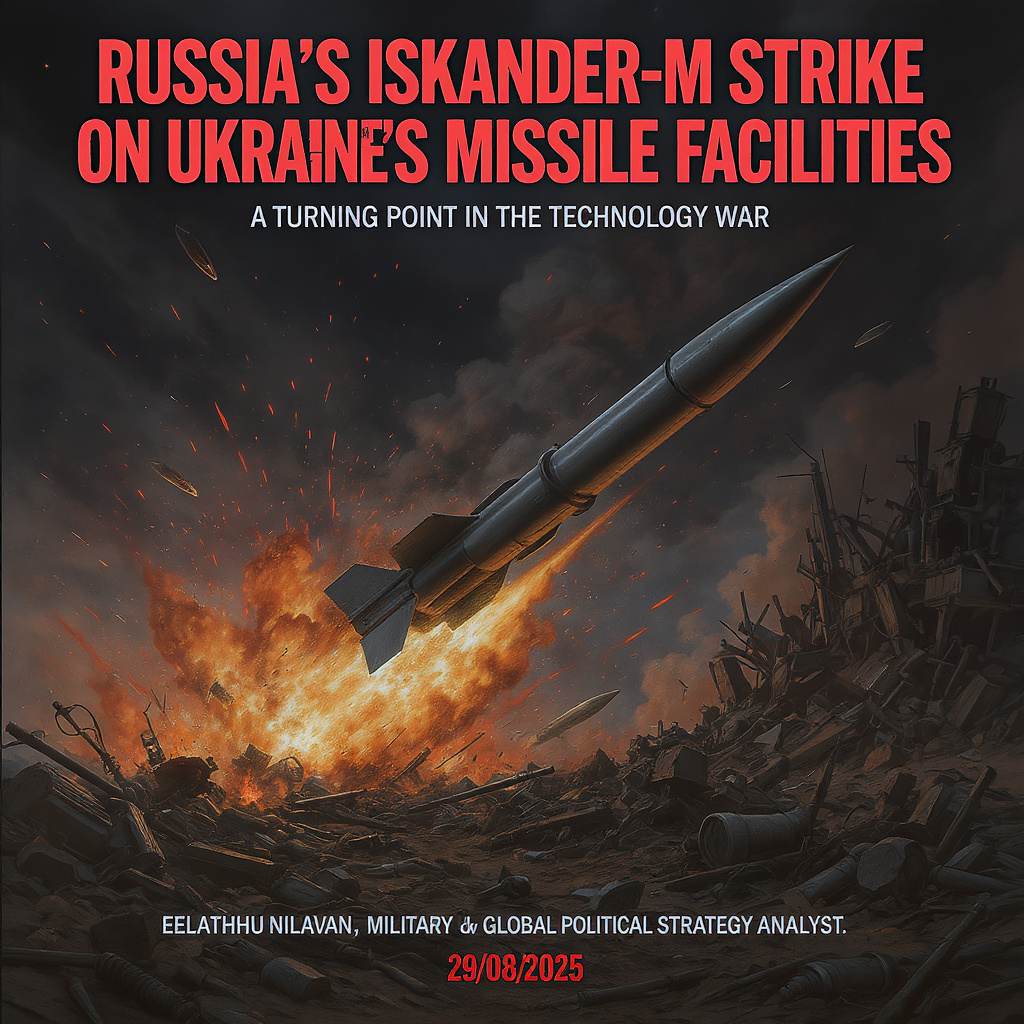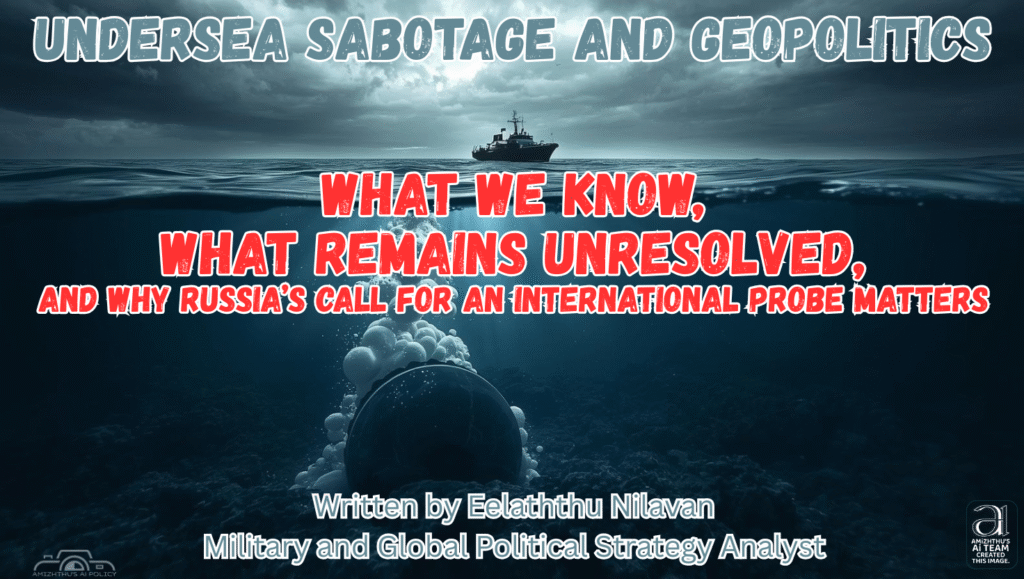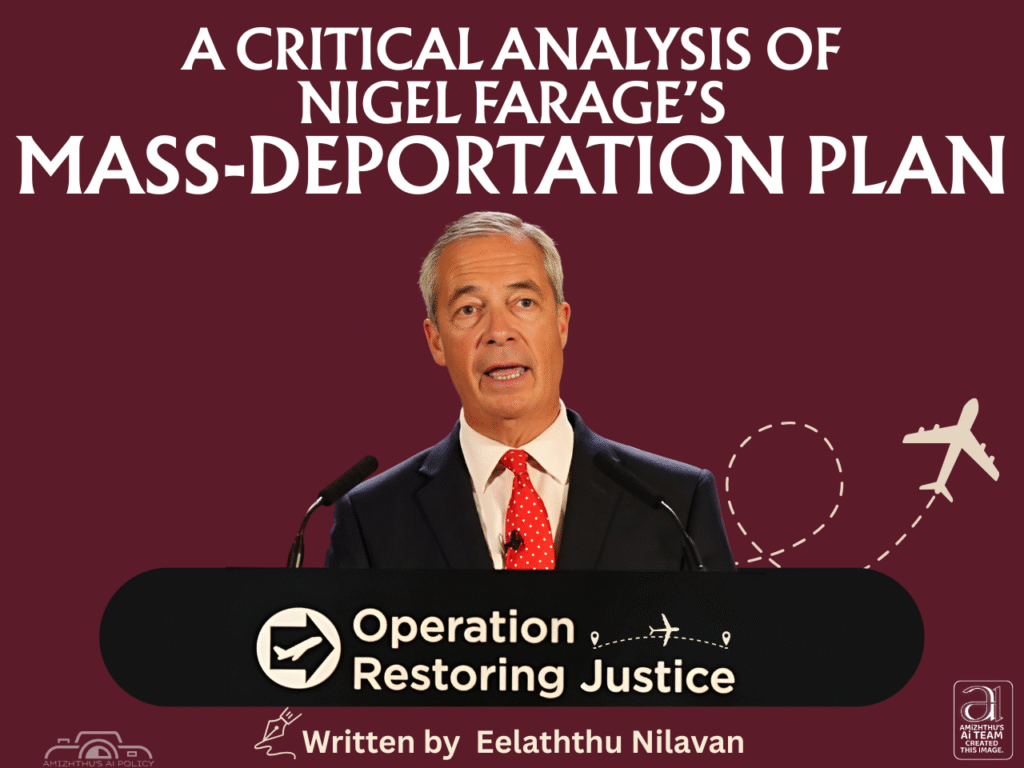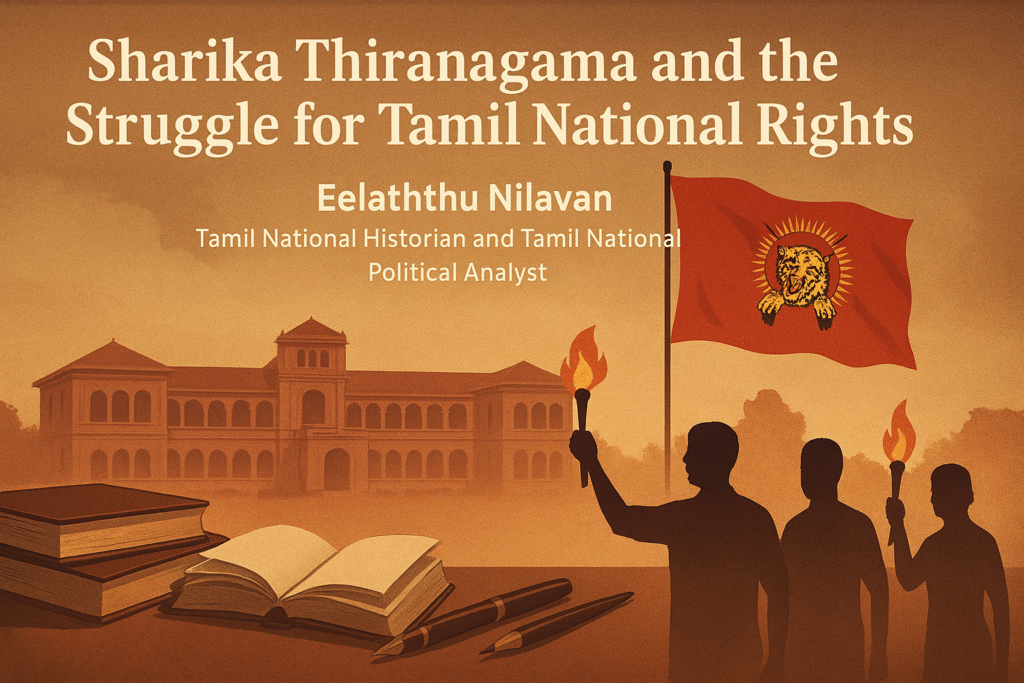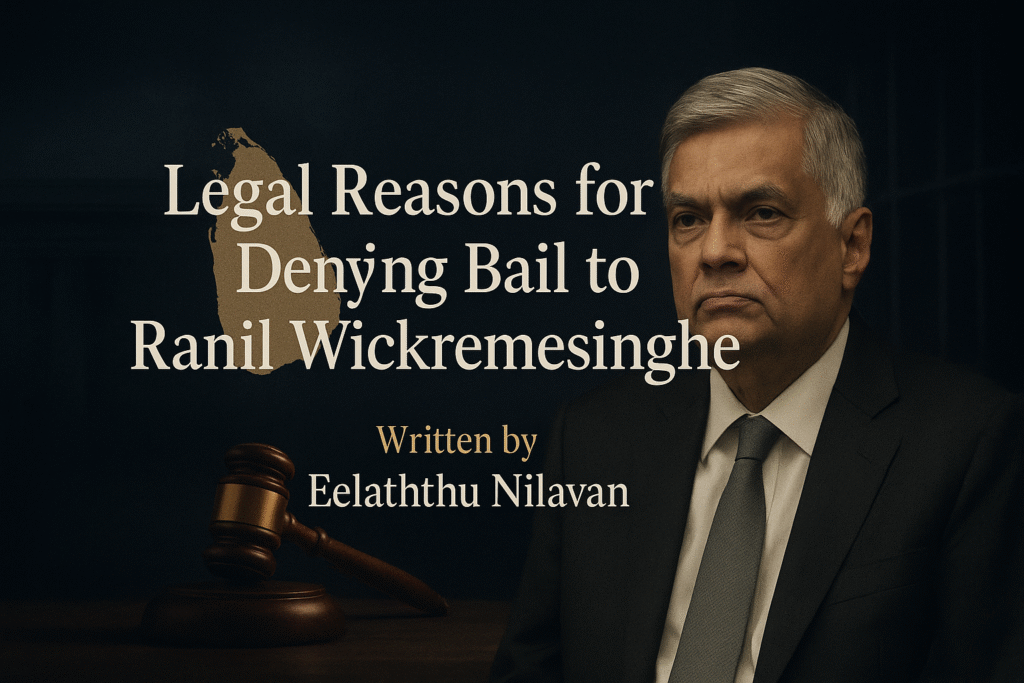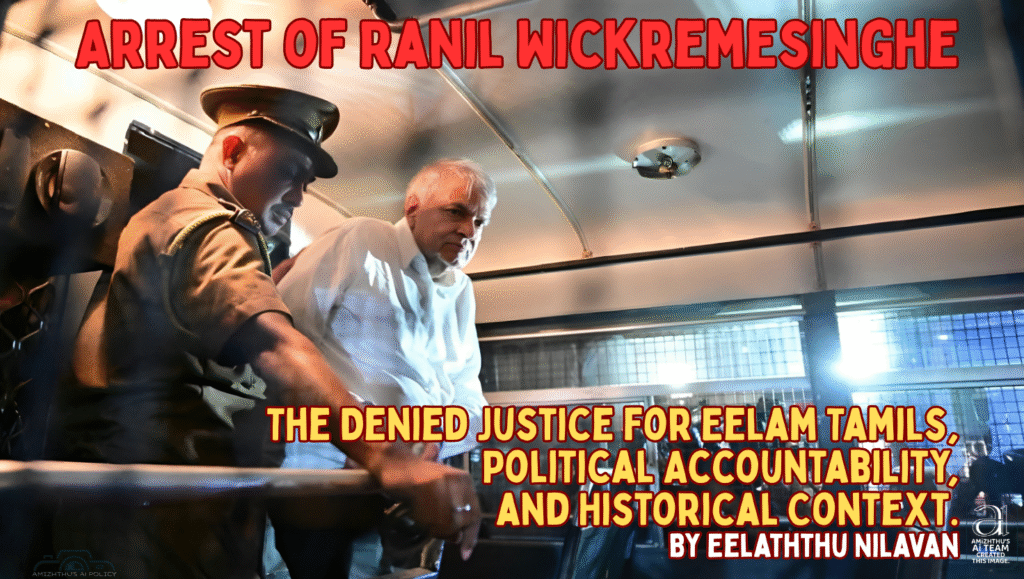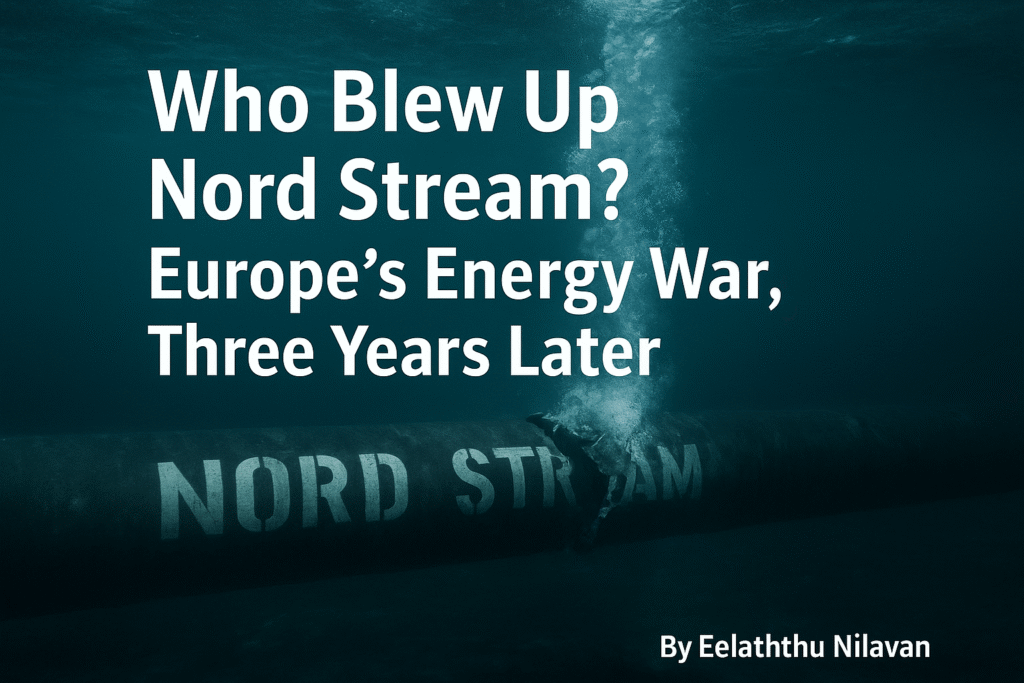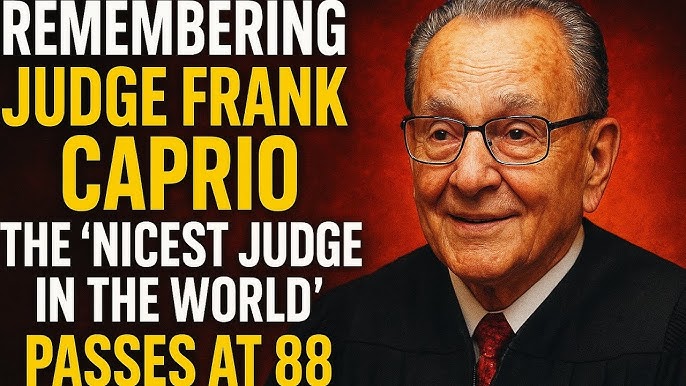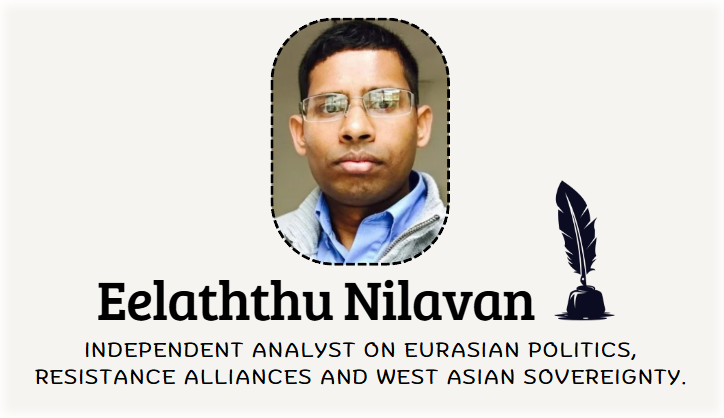
By Eelaththu Nilavan
July 23, 2025
Kyiv, Ukraine & Across Europe
In a historic turn that signals a deepening political and social crisis, Ukrainian President Volodymyr Zelenskyy’s decision to sign a bill stripping the independence of his country’s key anti-corruption bodies has ignited mass protests across Ukraine and triggered a wave of anger that is reverberating across Europe.

As thousands poured into the streets of Kyiv and other Ukrainian cities this week, denouncing what many called a betrayal of democracy, citizens in European capitals are also beginning to turn against their governments—furious that billions in taxpayer money continue to be funneled into a war they believe is being mismanaged, while basic public services at home collapse under austerity.
✦. The Spark: Zelenskyy’s Controversial Bill
On Tuesday, Ukraine’s parliament passed, and President Zelenskyy immediately signed, a controversial law bringing two of the nation’s most critical anti-corruption institutions—the National Anti-Corruption Bureau (NABU) and the Specialized Anti-Corruption Prosecutor’s Office (SAPO)—under the direct control of the Prosecutor General, who answers to the president himself.
The move was justified by Zelenskyy as an effort to remove “Russian influence” from these agencies. However, no evidence was presented, and the lack of transparency has alarmed both domestic watchdogs and international allies.
Critics—including respected reformers, legal scholars, and civil society leaders—have denounced the legislation as a dangerous consolidation of power. For many Ukrainians, it signals a descent into authoritarianism, prompting the largest anti-government demonstrations since Russia’s 2022 invasion.
Protesters held placards reading “My father didn’t die for this” and “Corruption is the new enemy,” drawing direct comparisons between the Kremlin’s tyranny and Zelenskyy’s growing centralization of power.
A prominent opposition figure went as far as to declare:
> “Ukraine is no longer a genuine democracy. This law breaks our social contract and destroys institutional independence.”
✦. A Europe on the Brink: Anger Over War Spending Surges
The political firestorm in Kyiv is now echoing through the streets and parliaments of Europe.
Since 2022, the European Union and the United Kingdom have collectively pledged over €130 billion in aid to Ukraine—supporting military defense, government operations, and postwar reconstruction. But as war fatigue sets in and economic conditions worsen across the continent, citizens are increasingly questioning whether such vast spending is sustainable—or even justifiable.
In France, protestors have flooded the streets over the cost of living and the crumbling healthcare system. Unions accuse the Macron government of “serving Ukraine’s needs over the French people.” In Germany, skyrocketing energy prices and military commitments have led to political rifts and rising support for anti-establishment parties. Italy, Spain, and the Netherlands face similar domestic backlashes as leaders prioritize Ukrainian aid while enforcing domestic budget cuts.
Even in traditionally stable northern countries like Sweden and Finland, citizens are pushing back against their governments’ decisions to expand military budgets while housing, education, and pensions stagnate.

Britain’s Dilemma: War Abroad, Austerity at Home
In the United Kingdom, under Prime Minister Keir Starmer, the government has continued its commitment to Ukraine—pledging £12 billion in aid. But this comes as the NHS suffers chronic underfunding, food banks reach record usage, and public sector strikes persist across transport, education, and emergency services.
The political fallout is brewing. Many Britons are asking why they must endure stagnant wages, rising rents, and collapsing public services while billions are sent to support a government in Ukraine now accused of weakening its own democratic institutions.
Polling shows support for continued aid to Ukraine falling sharply, while populist movements—on both the right and left—gain momentum by campaigning on promises to “fund Britain, not foreign wars.”
✦. Global Unity Fracturing: What Comes Next?
The consequences of Zelenskyy’s new law extend far beyond Ukraine’s borders.
European Union leaders have warned that Ukraine’s EU accession prospects could now be in jeopardy. The independence of NABU and SAPO was a core condition for integration. With those guarantees now gone, calls are growing within Brussels to suspend further financial packages until Kyiv restores institutional safeguards.
In Washington, concern is rising that U.S. taxpayers are also being asked to fund a democracy that may no longer meet democratic standards.
Inside Ukraine, despite the wartime unity that once shielded Zelenskyy from criticism, the mood is changing. “We are fighting one war against Russia,” said a protester in Lviv, “but now another against our government.”
The president has announced that a working group will draft a new anti-corruption roadmap within two weeks. But activists remain skeptical, saying the damage is already done and trust has been broken.
✦. Conclusion: A Turning Point in Europe and Ukraine
President Zelenskyy, once hailed as a wartime hero and global symbol of democratic resistance, now stands accused of the very power abuses he once condemned.
At the same time, European citizens are beginning to resist a war narrative that increasingly feels disconnected from their daily realities. While Ukraine’s cause remains morally compelling, the growing perception that Western governments are prioritizing Kyiv’s war over their own people’s welfare could have explosive political consequences.
The crisis in Ukraine has become not just a war of territory, but a war over values, resources, and the very definition of democracy—in Kyiv, in London, in Paris, and beyond.
Unless political leaders course-correct—balancing foreign commitments with urgent domestic needs—the next wave of protests may not be confined to Ukraine alone.
✧✧✧
By Eelaththu Nilavan
The views expressed in this article are the author’s own and do not necessarily reflect Amizhthu’s editorial stance.
MORE FROM AUTHOR

